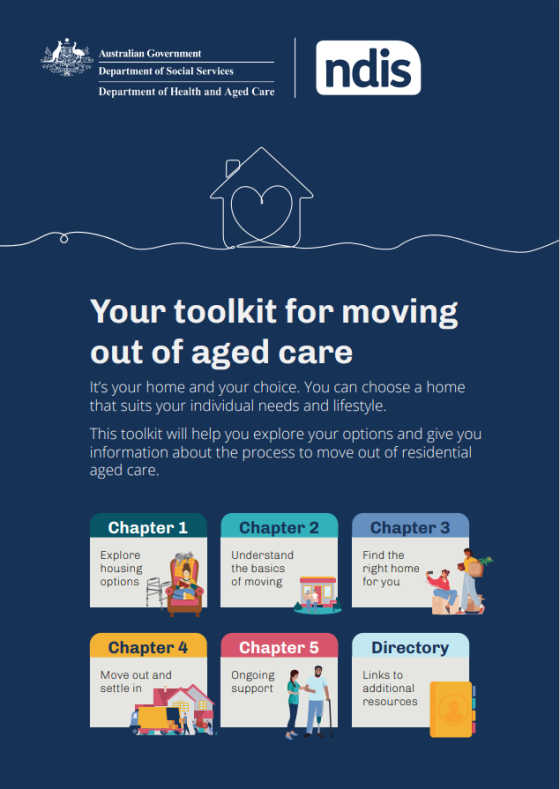Numbers of younger people impacted
The number of younger people living in, and entering, residential aged care has reduced significantly. It is also continuing to decrease.
As of 30 September 2024, there were 1,161 people under the age of 65 living in residential aged care in Australia.
These figures do not include First Nations people aged 50 to 64 who are eligible for residential aged care.
Government action
The Australian Government recognises the aged care system is not designed to provide support to younger people under the age of 65 years.
The Government remains committed to continuing to:
- reduce the number of younger people in residential aged care
- work with younger people who are living in residential aged care to find alternative accommodation.
Reducing the number of younger people in residential aged care is complex. It requires commitment and collaboration:
- across the disability, aged care, health and housing sectors
- at all levels of government.
The Government is also making legislative changes to improve Australia’s aged care system. The changes will tighten eligibility for entry into aged care. Under the new Aged Care Act(Opens external website), there will be limited circumstances in which a younger person will be able to access Government funded aged care services.
The YPIRAC Toolkit
Through the Budget 2023–24, the department was funded to develop education and resources aimed at younger people, family members, carers, guardians and other supporters in non-clinical settings.
Younger people in residential aged care (YPIRAC) toolkit
More information
- For information about support for younger people in residential aged care, visit the Department of Health and Aged Care(Opens external website) website
- For data on younger people in residential aged care, visit the Australian Institute of Health and Welfare(Opens external website) website
- For information about the NDIS, visit the National Disability Insurance Scheme(Opens external website) (NDIS) website.
